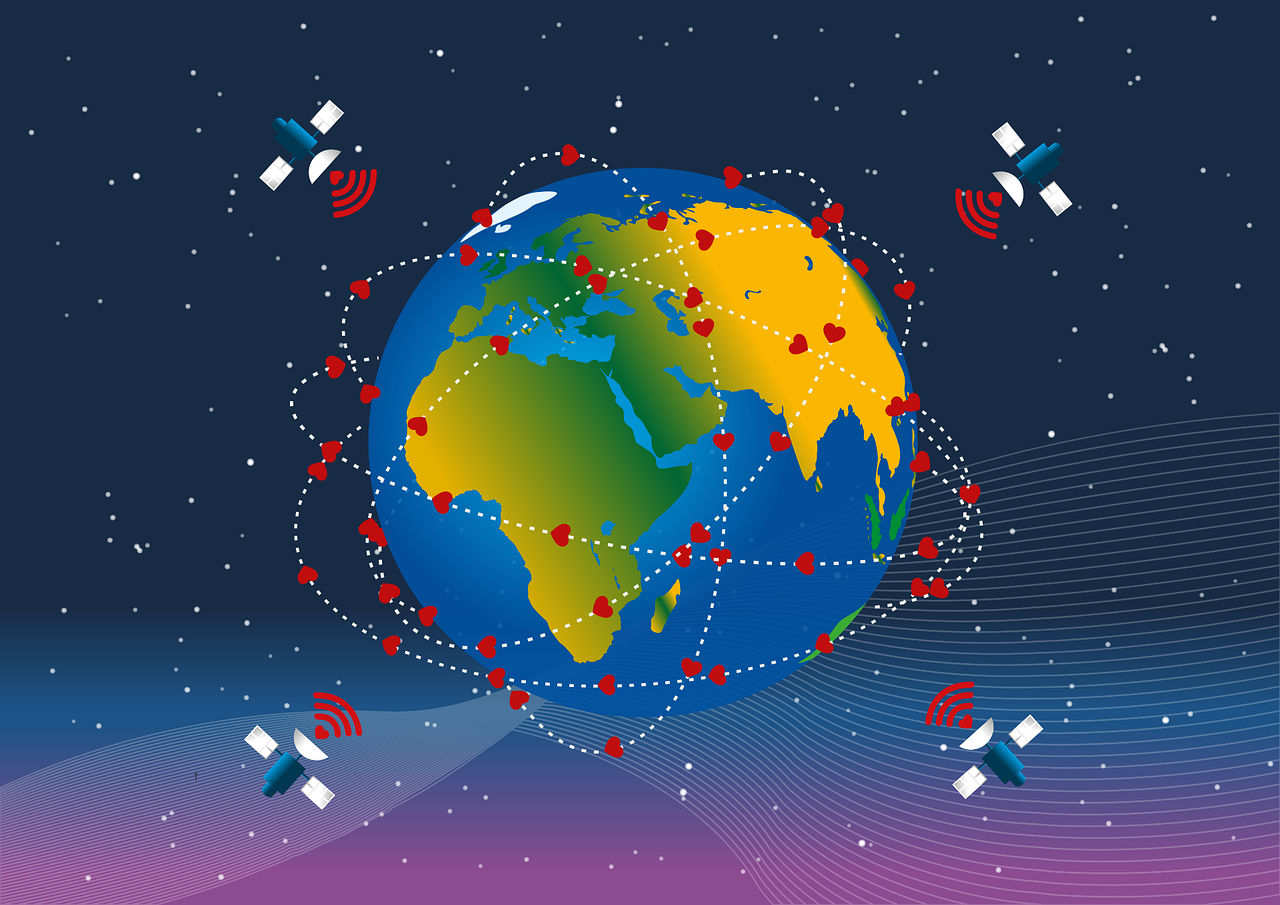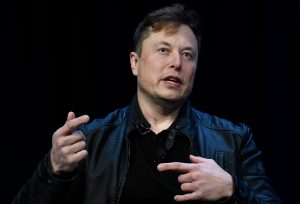The Federal Communications Commission has declined Starlink’s application for $885 million in rural subsidies, according to a document from the telecom regulator.
Also Read: What is Starlink?
The company which provides satellite internet to rural areas as long as they have one of Starlink’s terminals was asking for funding in a bid to expand its services. The FCC denied the application on the basis of company’s $600 dish, stating that the company “failed to demonstrate” that it could “deliver the promised service.”
Also Read: Researcher uses $25 hacking tool to access to Starlink network
Chairwoman of the FCC, Jessica Rosenworcel said that consumers deserve “reliable and affordable high-speed broadband.” She went on to say that the FCC would not be able to subsidize ventures that are “not delivering the promised speeds or are not likely to meet program requirements.”
According to Rosenworcel, Starlink’s technology has “real promise”. But said that “question before us was whether to publicly subsidize its still developing technology for consumer broadband—which requires that users purchase a $600 dish—with nearly $900 million in universal service funds until 2032.”
Also Read: What Eutelsat and OneWeb merger means for India
The funding grants are a part of the $9.2 billion Rural Digital Opportunity Fund, which is expected incentivise telecom companies extending their services to rural communities. In 2020, Starlink had won an $885 million subsidy to help roll out Phase 1 of their programme. The same year, LTD broadband also received a subsidy of $1.3 billion.
Just this year, Starlink increase its prices for the starter kit required to access its satellite internet. Before this year, the price for the Satellite dish (named Dishy McFlatface) was at $499 after which users would have to pay $99 a month for regular internet access. The price is now $599 for the satellite dish and $110 a month for access to the Internet.
So far, SpaceX has launched 3,009 Starlink satellites since the first launch in 2019 and has been sending up rockets consistently through the year.







